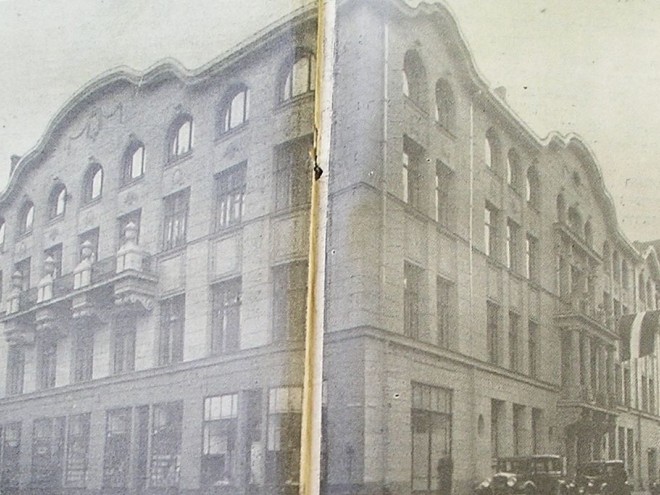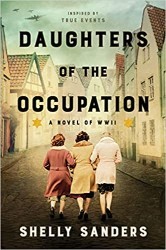Welcome to turn of the century San Francisco. Rachel Paskar, now 16, may be no longer live in Russia, but she hasn’t forgotten how to face challenges with courage and hope. Living with her older sister, brother-in-law and Menahem, a young boy she escaped Russia with, she faces many obstacles and hardships, including a new language and customs. As she writes to her friend Sergei, “In some ways life is better here, but in others it’s a little disappointing.”
Rachel is a likeable character. Although she works as a maid, she still finds time to study English. She does well. She also survives the earthquake and fire of 1906. The reader quickly sees that no matter how tough life gets, Rachel will survive and overcome. Although at times, she may feel cursed, the narrative never lets the reader forget that Rachel is too good to be harmed.
Chapters told by her friend, Sergei, who has escaped Siberia, as well as a subplot involving Anna, a young woman based on the Jewish- American socialist, Anna Strunsky, add texture and suspense as well as a worldly feel to the narrative.
Readers who love historical fiction will enjoy exploring Sanders’ San Francisco as Rachel and her family learn their way around and begin to make a life. Her descriptions are engaging and specific. Although there are moments when this book lacks tension and suspense, for those who loved the first two books this addition will serve as a satisfying chapter in this tough young woman’s life. A glossary is included.
Recommended for lovers of historical fiction ages 11 – 15.





